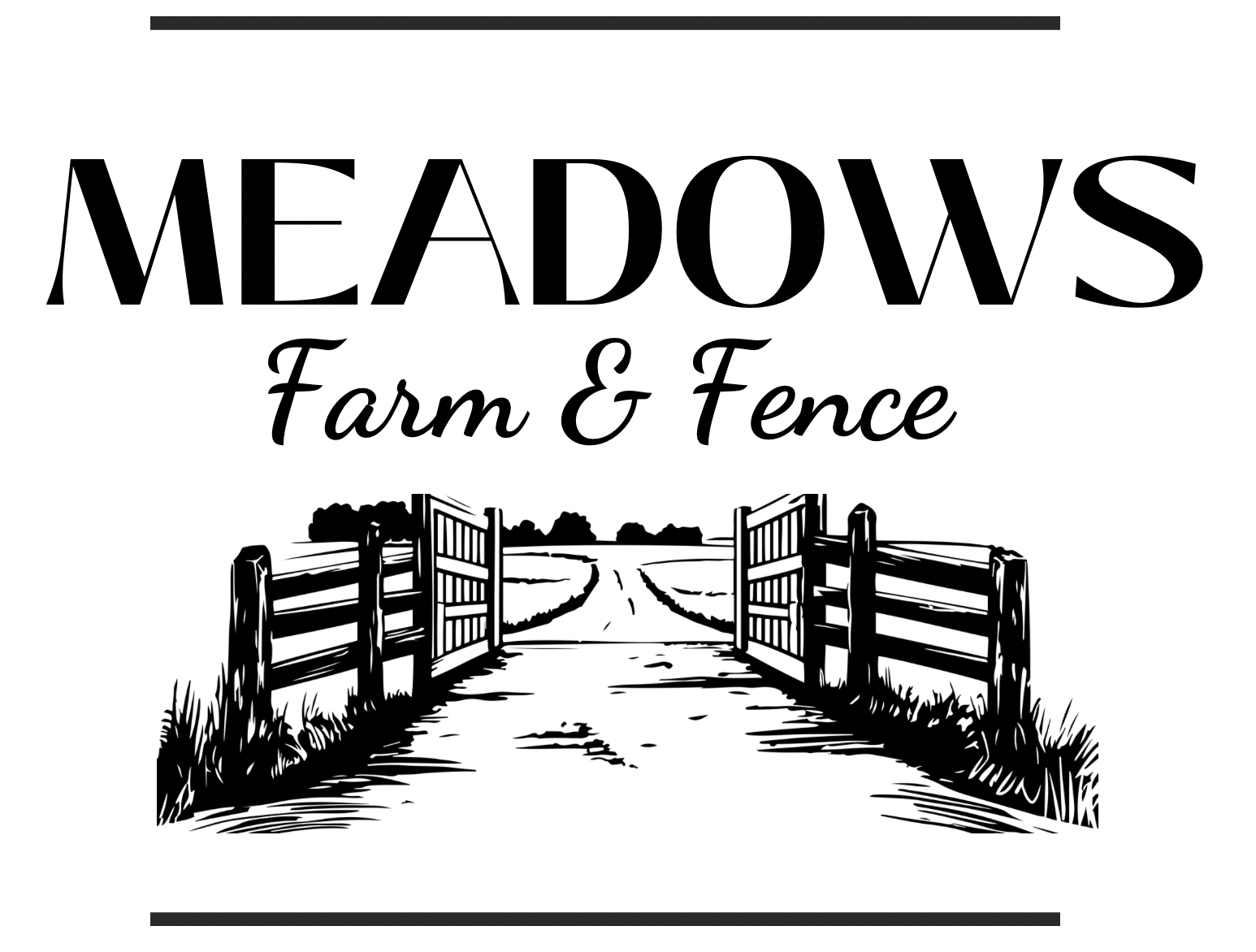
Need a Quote? Give Us a Call: (615)-474-3695
Questions & Answers
Frequently Asked Questions
How do I receive an estimate?
The quickest and most efficient way to receive an estimate is to provide as much information as possible when you first reach out. Helpful details include your location, the type of fence you’re considering, and the approximate footage of your project.
Not sure about the style or footage? No problem—we’re happy to guide you through your options and help determine what best fits your needs. We can also assist in estimating the footage.
Once an initial estimate is provided and you’re ready to move forward, we’ll schedule an on-site visit. This allows us to take accurate measurements and discuss the project in person. A final quote will follow after the visit.
Not sure about the style or footage? No problem—we’re happy to guide you through your options and help determine what best fits your needs. We can also assist in estimating the footage.
Once an initial estimate is provided and you’re ready to move forward, we’ll schedule an on-site visit. This allows us to take accurate measurements and discuss the project in person. A final quote will follow after the visit.
What is your service area?
Our primary service area covers all of Middle Tennessee, ensuring local expertise and quick access for your fencing needs. However, we’re happy to travel beyond this region for projects, providing quality service wherever it’s needed. Contact us to discuss your location and project details!
Do you handle permits?
Fence permits are rarely required, but it depends on your local municipality. If a permit is needed, we’ll typically take care of it. However, homeowners in HOAs are responsible for securing any necessary approvals or documents related to their HOA’s rules and policies.
Will you locate property markers and boundaries?
No, we do not locate property stakes or boundaries. This is the sole responsibility of the homeowner or business owner. If you’re unsure of your property lines, we highly recommend having a licensed surveyor mark them before installation.
How wide can my gate be?
Gate width depends on the style of fence being installed. Most gates typically range from 4 to 10 feet wide, but larger sizes are available if needed. Wooden gate frames can be built up to 5 feet wide—anything wider will require a metal frame for support. Metal frames can also be used for smaller gates to increase durability.
Are posts set in concrete?
Yes, unless otherwise specified, all posts are set in concrete. The main exceptions are posts designed to be driven directly into the ground, such as T-posts. Chain link posts can also be driven into the ground if preferred.
Why put a fence around your garden?
A fence helps keep animals from getting to your plants by blocking their access. While no solution is guaranteed to stop every pest, a fence will greatly reduce the chances of animals damaging the garden you’ve worked hard to maintain.
What fence material is the most popular?
Wood is our most popular fencing material, and for good reason. It offers a classic look that suits a wide range of properties, from traditional homes to modern spaces. Wood is highly customizable—you can choose from different styles, heights, and finishes to match your needs. It’s also one of the most budget-friendly options, making it a great choice for homeowners who want both function and curb appeal without breaking the bank.
Do you do fence repairs?
Absolutely. In most cases, we can repair your fence depending on its condition. However, if the fence is in such poor shape that repairs could lead to further damage, we’ll likely recommend a full replacement instead.
What is the most affordable fence for dogs?
A rail fence with wire is our most commonly installed option for pet containment. It offers a solid balance of security and visual appeal. While most fence types can keep your pets safe, some are better suited for the job than others—and the rail-with-wire combo is a reliable, cost-effective choice.
Can my fence be installed with no gap between the fence and the ground?
In most cases, yes—but it depends on a few factors, including the fence material and the slope or consistency of the ground. It’s usually best to strike a balance between keeping the fence close to the ground and maintaining a clean, even appearance.

Request a FREE Estimate
Contact us today to schedule your free, no-obligation design consultation and estimate.
